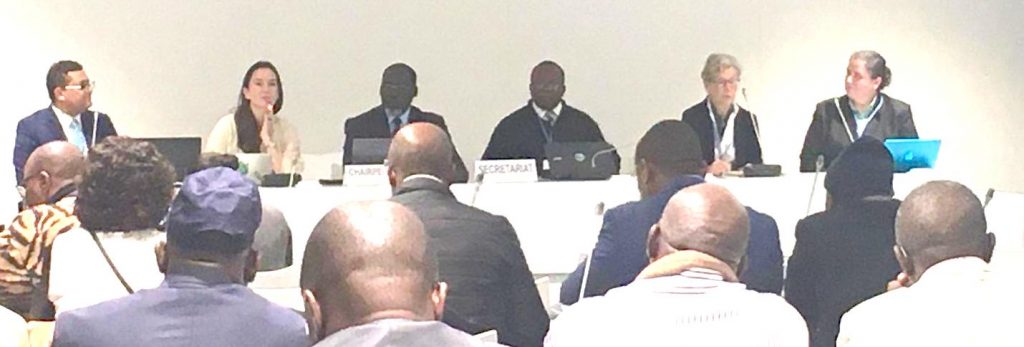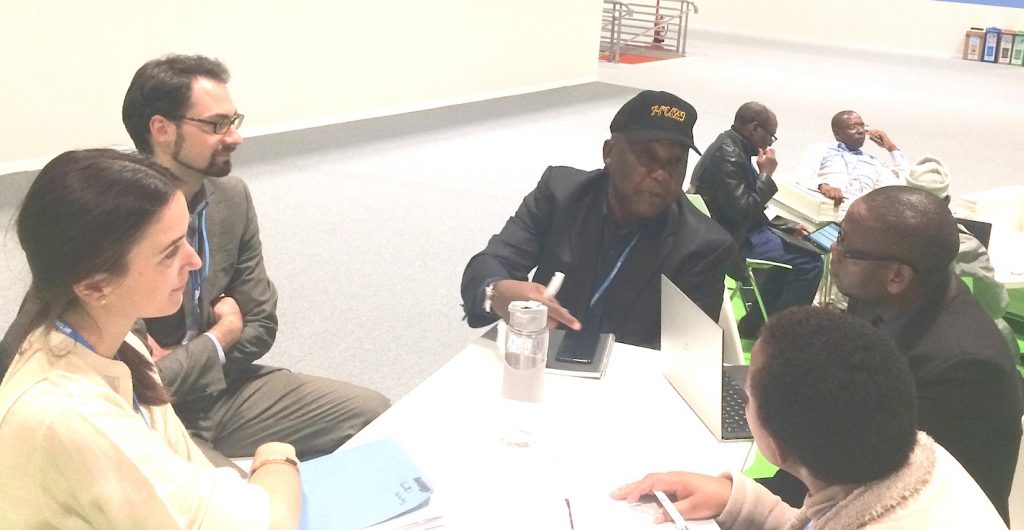
The Madrid climate conference ended on Sunday after two additional days and nights. The final decision urges parties, when communicating or updating their nationally determined contributions (NDCs) in 2020, to consider the existing emission gap “with a view to reflecting their highest possible ambition”. Parties did not agree on the rules to put Article 6 of the Paris Agreement (on market and non-market approaches) into operation.
During 2 weeks of climate negotiations in Madrid we recorded over 30 legal queries. Ten of those came from delegations that work together in the Group of Least Developed Countries (LDCs), eight from members of the Alliance of Small Island States (AOSIS) and seven from the African Group of Negotiators (AGN). Five questions were from other developing countries (e.g. Thailand or Sri Lanka) and 4 from observer organisations.
As usual, the questions reflect the dynamics in the negotiations. For example, we worked on several queries related to Article 6 and different iterations of the draft decision text. Other questions pertained to the governance of the Warsaw Mechanism on Loss and Damage and the privileges and immunities required by the Green Climate Fund to carry out its functions. In addition, we are advising on national implementation issues and domestic climate governance arrangements.
We are grateful to all the experts and volunteers who have been and are still supporting us in doing the necessary research and drafting legal opinions! During the Madrid conference this included a group of around 30 university students who met almost daily as part of LRI’s first law clinic outside the UK.

